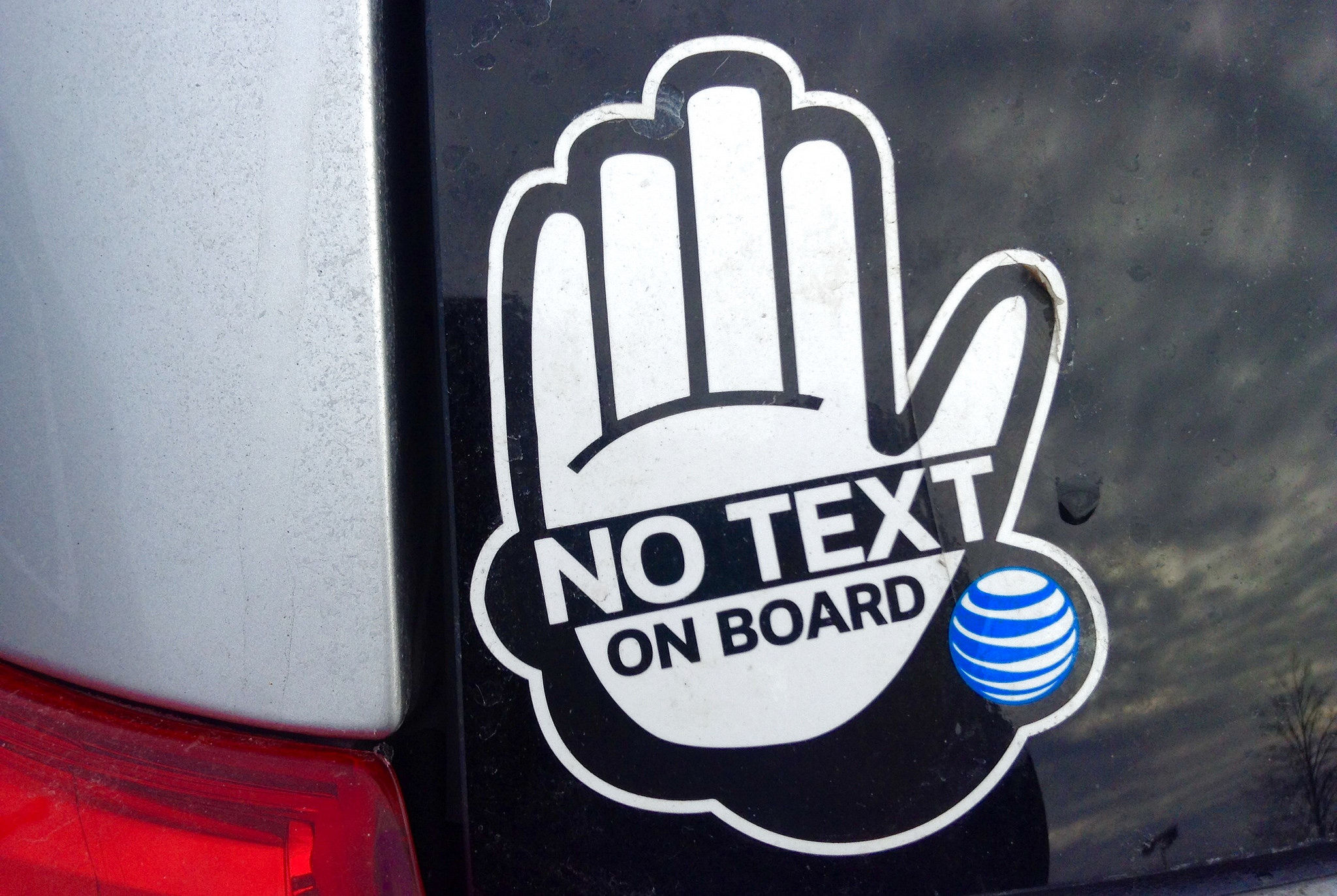A bill that was heavily considered by the Virginia General Assembly in this year’s session to ban the use of hand-held cell phones while driving died as the statehouse adjourned Sunday. As distracted driving becomes an issue nationwide, many citizens called for a change that would reach farther than simply prohibiting motorists from texting or talking on the phone.
Currently, in Virginia it is unlawful for drivers under the age of 18 and school bus drivers to talk on a cell phone while driving. Moreover, texting while driving is banned for all, making it a primary offense for motorists, and a secondary offense for those under the age of 18.
The National Conference of State Legislatures (NCSL) reports that as of April 2018, 16 states, the District of Columbia, Puerto Rico, Guam, and the U.S. Virgin Islands prohibit all drivers from using hand-held cell phones while driving. Although no state bans all mobile phone use for all drivers, 38 states, including D.C., ban all use by novice or teen drivers, and 21 states along with D.C. prohibit any cell phone use for school bus drivers. Text messaging bans are applied to drivers in 47 states, D.C., Puerto Rico, Guam, and the U.S. Virgin Islands.
H.B. 2273, introduced by Delegate Christopher Collins (R-Winchester), and co-sponsored by Michael Webert (R-Fauquier) and Michael Mullin (D-Newport News), would have prohibited “any person from holding a handheld personal communications device while driving a motor vehicle.”
The bill also expanded exemptions under the law to include hand-held personal communications devices that are being held and used “(i) as an amateur radio or a citizens band radio; or (ii) for official Department of Transportation or traffic incident management services.”
Before crossover, the bill passed through the House of Delegates with a 69-27 vote.
An identical bill, S.B. 1341, patroned by State Senator Richard Stuart (R-Stafford), and co-sponsored by Frank Wagner (R-Virginia Beach) and Scott Surovell (D-Fairfax), passed through the state legislature’s upper chamber with a 34-6 vote before each house considered each other’s legislation.
Both bills would have imposed a $125 fine for a first offense, which rises to $250 for a second or subsequent violation.
Law enforcement officers and legislators believe the current law banning texting while driving is tough to enforce because police must determine whether a driver is actively entering a text message into their phone while on the move.
The proposed bill would have made the current law easier to enforce by prohibiting a driver from even holding a phone in their hand. However, some were concerned about racial profiling, and others claimed the bill did not go far enough.
Although the bill failed, Delegate Collins is hopeful it will be reintroduced in next year’s session to be considered as a measure to keep drivers focusing on the road.





